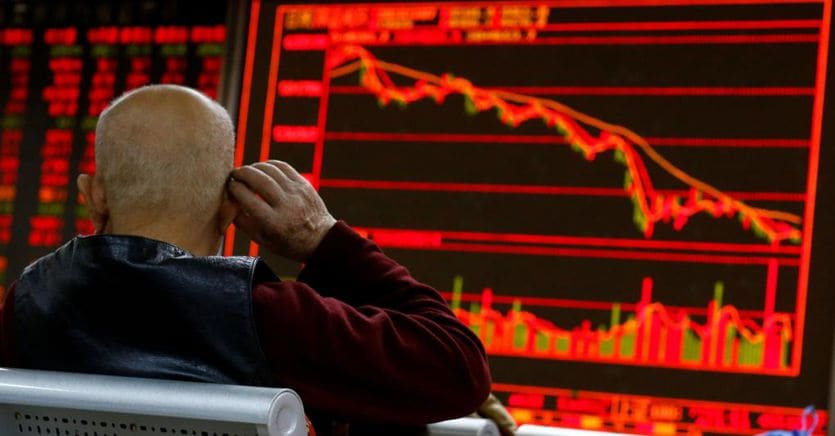Capital investments in China double in the first four months of 2020, up 11.5% compared to 2019. In volume, they reach almost 60 billion dollars, with over 14,500 new foreign companies born, so far, in 2021.
The increase in investments arriving from Europe was 9.2%, including those made via free port.
Loading…
Data in line with the commercial recovery, in fact Eurostat confirms that in the first quarter trade returned to pre-pandemic levels (exports at 195.1 billion euros, +10.6, imports at 176.3 billion, + 19%) with Germany leader in exports and Holland in imports.
China confirms itself as the first partner of the European Union, but from now on the music could change and the idyll could crack, due to the effects of the freezing of the agreement in principle on mutual EU-China investments signed at the end of December. The blockade was decided on Friday by a parliamentary motion passed by a very large majority, which subordinates every future step to the Chinese turnaround towards the sanctions inflicted on European officials, including 5 deputies, who asked Beijing to respect human rights. The Chinese Ministry of Labor has just activated the formal procedure for the transposition of the older of the two directives on forced labor, that of the 1930s (and related protocol of 2014), but the future of the relationship remains uncertain. “China could unilaterally open up other sectors”, ventures Marco Marazzi of BakerMckenzie. “Certainly the trade front is the least worrying, each country already boasts its own bilateral agreement with China, unless it ends at loggerheads with Beijing, as happened to Australia”.
The real element of concern – if things get worse – lies, rather, in the investments of financial capital not included in the Fdi of the Ministry of Commerce: shares, bonds, insurance, especially the flows that pass through companies created in tax havens to circumvent barriers to the entry of capital in protected sectors.
